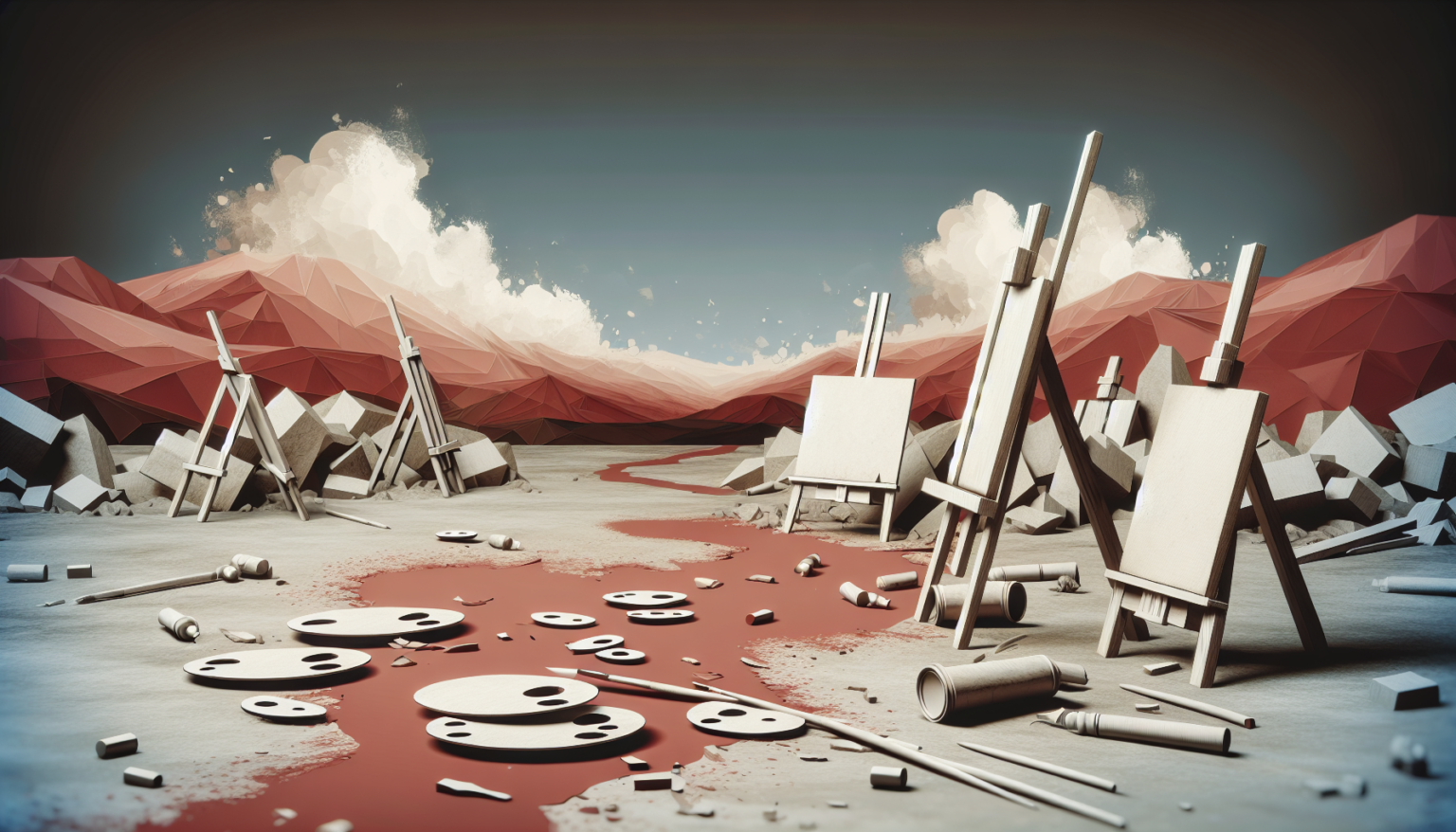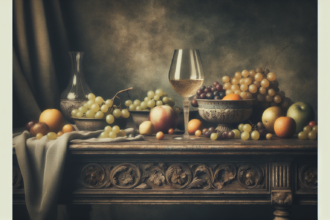The Trump administration’s recent executive orders have dealt a severe blow to arts and cultural institutions across the United States. Millions of dollars in federal grants have been abruptly terminated, leaving many organizations scrambling to fill the gaps. Small and midsized institutions that rely heavily on government funding are particularly vulnerable.
These organizations often lack the endowments, prominent donors, and broad outreach of larger institutions. In Los Angeles, the Japanese American National Museum lost roughly $1.45 million in grants. This included funding for a workshop that helped teachers build a curriculum about the history of Japanese incarceration during World War II, benefiting approximately 20,000 students a year.
The One Institute, which houses the largest queer archive in the world, lost a $15,000 grant to support an important educational event. They are now holding fundraisers to make up for the loss. The Los Angeles Poverty Department, which operates the Skid Row History Museum & Archive, lost nearly $144,000 or 22% of its annual budget.
The grants supported projects that chart how Skid Row has been transformed and nearly erased. Despite the financial setbacks, these organizations are determined to continue their work.
Trump’s cuts threaten arts funding
They see it as critical to preserve local history and provide counter-narratives to popular perceptions. Private donors have stepped up to help recoup some of the losses. However, many institutions still face funding uncertainties and fear for the communities that have flourished due to their work.
“It’s only because of the neighborhood standing up and using its history that it continues to be present,” warned John Malpede, co-founder and artistic director of the Los Angeles Poverty Department. The arts possess a truth-telling power to shape and narrate our shared history. They can amplify issues and movements that are part of resistance and hope.
This power is particularly important for America’s young people. As the Trump administration continues its unprecedented attack on the arts, cultural organizations are fighting back. They are tackling loneliness, fostering social interaction and creativity, and supporting artists as they make and share their work with others.
Freedom of expression is a tested antidote to a single authoritarian voice determined to isolate and divide us. That is why the arts, in all their glorious forms, are both so feared and so necessary.













